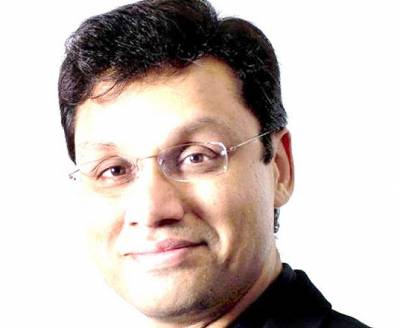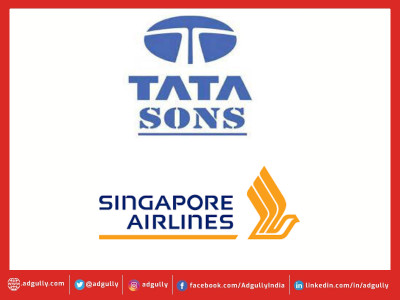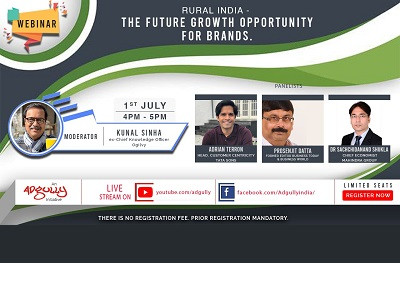Every industry has-premium and low-cost players: Tata Sons' Nirmalya Kumar
Nirmalya Kumar was, until sometime back, a known face in the academic field of business learning. But one striking fact of his career is that Nirmalya Kumar, now Director at Tata Sons’ had quit London Business School, to become an employee of sorts of Tata. But Kumar does not seem to have any regrets because he believes that he had pretty much achieved whatever he had to in the academic world, and what better way than to come back and work for a company which has almost been synonymous with nation building.
In an exclusive chat with Sonali Krishna, Brand Equity, ET NOW recently Kumar shared his views on the big ticket deal of Tata and Singapore Airlines, the future of the Nano and impact of the Radia tapes on brand Tata and shared his experience of working with his boss Cyrus Mistry.
Even as the debate on whether the Tatas made the right move by tying up with two international partners for their aviation business continues, Kumar justifies the move saying that there is absolutely no conflict. He goes on to say that Singapore Airlines is one company in the airline industry that has consistently made profits, consistently delivered on amazing customer experience and it is the benchmark for all other airlines. So, in a sense, it is a dream partner. But one must not forget that the Tatas also have a significant stake in AirAsia which is a low-cost carrier. When asked whether or not the two deal would be an over-lap; Kumar sighted that in every industry, there are premium players and there are lost-cost players. One segment which desires and demands premium experience and would be willing to pay for and the other that just wants the cheapest flights and do not wish to pay more for it. Both these segments exist and both can be enormously successful.
When questioned about what went wrong with the roll-out of one of the most important innovations that India has seen – Tata Nano, Kumar was of the opinion that with innovation, the more radical the innovation is, the longer it takes to take off; when doing a radical innovation, you can't do a test and launch, you have to launch and learn!
Tatas in India are synonymous with respect, trust, clean reputation, until not very long ago. But ever since the revelation of the Nira Radia tape coupled with the 2G scam happened, one tends to look at the Tatas with not that kind of respect and reverence. Speaking on how Tata is looking to rebuild the group’s image, Kumar said that the data from external agency rates Tata’s brands versus the others and shows that Tata’s brands are far ahead on every dimension (22 dimensions). He went on to say that there is something substantial about what the market research is saying and that there is a difference between what the chattering classes do versus what the consumers do.
In the chat, Kumar also talked about certain interesting facts that he raised through his book ‘Brand Break-out’. Here he talked about how emerging market brands are unable to break out from their country’s image and perception issues; and how do companies in India who are making big strides globally overcome this massive hurdle.
Sharing his short but fruitful experience of working with his boss, Cyrus Mistry, Kumar said, his boss is very committed to the business, has an incredible eye and grasp for detail and would always asks the right questions.
Sharing his personal aims and goals on working with the biggest business outfits of the India, Kumar said, as an academic one learns about companies from the outside. By being part of the company, one can learn about the company from the inside. And that brings a different perspective than just being an external researcher. One understands how to implement a lot of ideas that you had.
Tune in to Brand Equity with Sonali Krishna, On ET NOW on Saturday 2:30 pm, Repeats on Sunday 11:00 am


















Share
Facebook
YouTube
Tweet
Twitter
LinkedIn